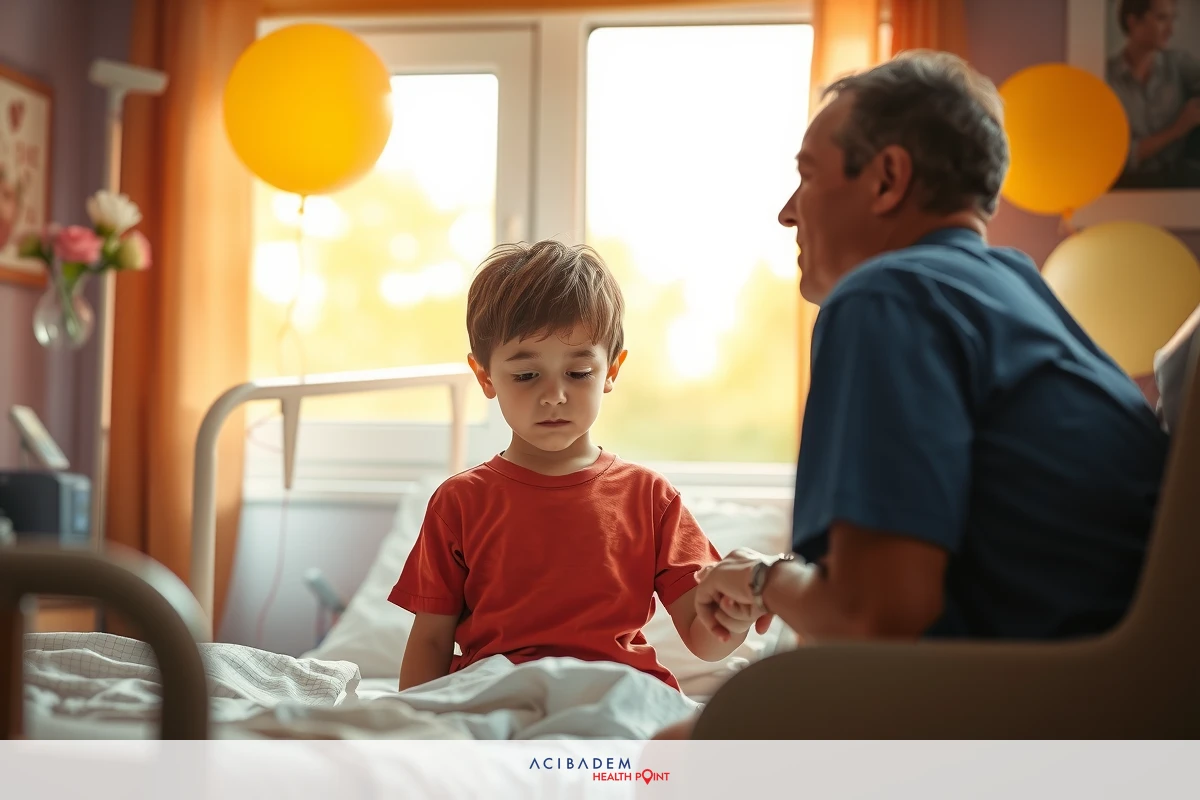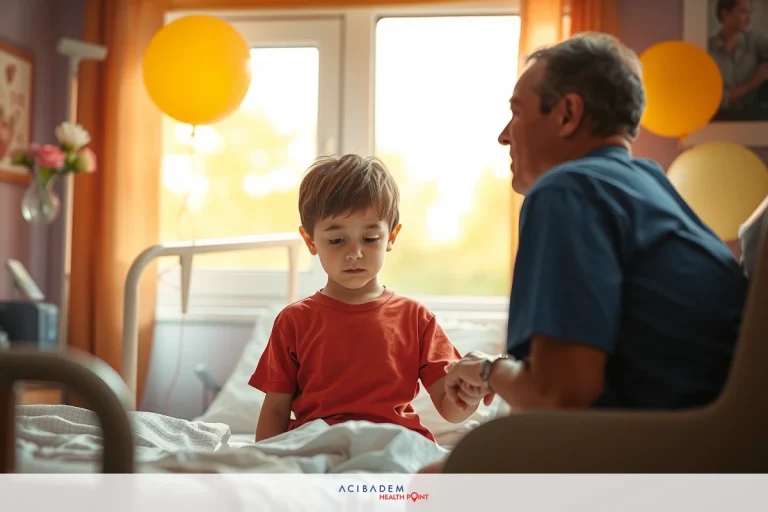Can Astrocytoma In Childhood Cause Behavior Changes?
Can Astrocytoma In Childhood Cause Behavior Changes? Astrocytoma is a type of brain tumor that can affect children often leading to various health challenges. When it occurs in young ones families may notice shifts in how children act and feel. It’s important for parents to acknowledge these changes might stem from the condition itself or the treatments involved. Spotting behavior alterations early helps caregivers seek timely support and care for their little ones.Caring for a child with astrocytoma requires patience, understanding, and plenty of love. Parents should keep an eye out for mood swings, trouble at school, or new habits that seem out of character. Knowing what is normal for your child will help you spot differences quickly. Having open conversations with doctors about these observations ensures kids get the right kind of help.
Finding ways to manage these potential behavior changes can make a big difference in a child’s journey through illness and recovery. Support groups are great resources where families can learn from others who have walked similar paths before them. Information shared by medical professionals also plays a crucial role in navigating this complex time effectively.
Symptoms of Astrocytoma in Children
Astrocytoma can show up in many ways affecting each child differently. Kids might start having headaches often or feel sick to their stomachs. Seizures are another sign that could mean a brain tumor is present. It’s key for parents to watch for these health issues and talk to a doctor.
Can Astrocytoma In Childhood Cause Behavior Changes? Changes in how children walk or keep their balance may also be symptoms of astrocytoma. Sometimes they may struggle with tasks that used to be easy like catching a ball or writing. If kids seem clumsier than usual or have trouble moving it could point to this condition.
Vision problems can occur when an astrocytoma affects certain parts of the brain. A child might say things look blurry or have double vision. They might even trip more because they cannot see well which is something to note.
Tiredness can also be a big clue that something’s not right with your child’s health. If playing outside suddenly seems too hard, or if they need extra naps, these could be signs of a tumor like astrocytoma impacting their energy levels.
Treatment Options for Childhood Astrocytoma
Treating astrocytoma in children often starts with surgery to remove as much of the tumor as possible. Surgeons aim to take out the tumor without harming healthy brain tissue. This can help reduce symptoms and improve quality of life. After surgery doctors will keep a close eye on the child’s recovery.
Radiation therapy may follow surgery for some children with astrocytoma. It uses high-energy beams to target any remaining cancer cells. While effective it’s important to consider this treatment’s long-term impact on a growing child’s brain.
Chemotherapy is another option that doctors might recommend for childhood astrocytoma. These drugs are designed to kill cancer cells or stop them from growing. Chemotherapy can be given by mouth, through an IV, or sometimes directly into the spine. Can Astrocytoma In Childhood Cause Behavior Changes?
Therapy doesn’t end with just treating the tumor; side effects need attention. Children might see different therapists to help them regain strength and skills after treatment. The goal is always focused on helping them live

full and happy lives despite their diagnosis and treatment journey.
Supporting Children with Astrocytoma
Can Astrocytoma In Childhood Cause Behavior Changes? When a child faces astrocytoma emotional support is as vital as medical care. It’s important for families to create a loving environment that helps children feel safe and understood. Simple acts like listening and being there can mean the world to a child in distress. Encouraging them to express feelings through talking or drawing keeps communication open.
Practical support also plays a huge role in their journey with astrocytoma. Helping kids keep up with school work at their own pace ensures they stay connected with learning. Arranging fun activities at home brings normality and joy into days filled with doctors’ visits.
Can Astrocytoma In Childhood Cause Behavior Changes? Family support extends beyond the immediate household too; relatives and friends can be great helpers. They might offer rides to appointments or cook meals on busy days when the family needs it most. Building this network of care provides strength not just for the child but for everyone involved.
Life After Astrocytoma Treatment
Following treatment for astrocytoma children’s lives can change in many ways. Recovery often involves regular check-ups to monitor health and spot any signs of the tumor returning. It is a time of adjustment as kids may need to re-learn some skills or adapt new ones. Parents play a important role in establishing routines that support their child’s well-being.
Physical therapy might be required to help regain strength and coordination lost during treatment. Children could work with therapists to improve motor skills affected by surgery or other therapies. This helps them get back to playing sports or simply enjoying active games with friends.
Can Astrocytoma In Childhood Cause Behavior Changes? Cognitive development can also be impacted after treating astrocytoma in childhood. Some kids may need special education services or tutoring to help them keep up academically. Follow-up care ensures that they receive the necessary support for their learning needs.
Emotional health is an important part of recovery. Support groups for both children and parents offer spaces where experiences are shared and understood by those who have been through similar struggles. These communities provide comfort and advice on coping with life post-treatment.
Understanding Astrocytoma Coverage
Navigating insurance coverage for astrocytoma treatment can be a complex process. Parents should start by talking to their insurance provider to understand what costs are covered. Knowing the details of your policy helps plan for out-of-pocket expenses that may arise. It’s also important to learn about the approval process for treatments and therapies. Can Astrocytoma In Childhood Cause Behavior Changes?
Some policies might cover all or part of the surgery, chemotherapy, and radiation therapy costs. However coverage can vary widely between different plans and providers. Families need to review their benefits thoroughly before starting any treatment.
Can Astrocytoma In Childhood Cause Behavior Changes? Additional medical expenses such as follow-up care and rehabilitation services might have separate coverage rules. Many times these services are crucial for recovery but may not be fully covered by insurance. Ensure you ask about these aspects upfront so there are no surprises later on.
Prescriptions drugs form another significant part of healthcare costs when treating astrocytoma in children. Insurance plans often have lists showing which medications are covered and at what level. You’ll want to check if the drugs recommended by your child’s doctor will require extra payment or prior authorization.
Frequently Asked Questions
Q: What are the first signs of astrocytoma in children?
The first signs may include headaches, nausea, seizures, and changes in behavior or school performance.
Q: How is astrocytoma in children diagnosed?
It's typically diagnosed through neurological exams followed by imaging tests like MRI or CT scans and sometimes a biopsy.
Q: Can children fully recover from astrocytoma?
Many children do recover well post-treatment, but it depends on the tumor size, location, and response to treatment.









